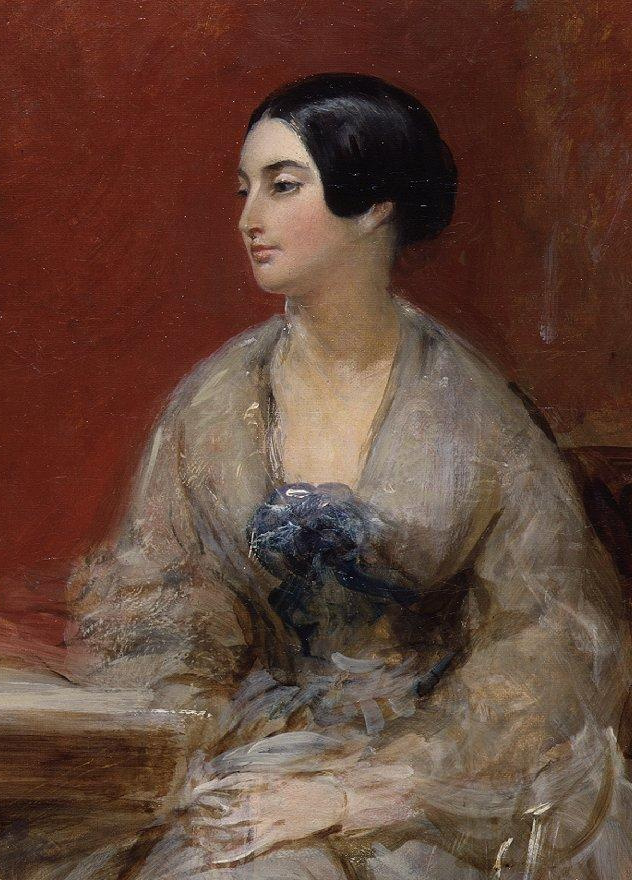When the young Kamala was frequenting the club, the club sponsored a series of six free workshops for Oakland and Berkeley public school students, with a cultural lineup that is astonishing in retrospect. Angelou, for instance, led a poetry workshop, the jazz singer and actress Abbey Lincoln a workshop on acting, and guitar virtuoso Kenny Burrell a workshop on music and the guitar.
There was a strong practical side to these workshops and other educational events: Rainbow Sign’s board hoped to instill habits of discipline and commitment that would serve these young people well. But there was also an open-ended side to the club’s activities, which aimed to provoke thoughtfulness above all. “Hidden under everything we do, the best entertainment we put on,” Mary Ann Pollar said, “there’s always a message: look about you; think about this.”
It was the political education, more than the cultural, that would prove to be fateful for Kamala Harris. She was able to absorb from a young age a fiery liberalism driven by the efforts of Black women.
The young Kamala would regularly visit Rainbow Sign with her mother and sister on Thursday nights—her “favorite night of the week,” Harris writes in her memoir. She recalls “the powerful orations from the stage and the witty, sometimes unruly audience banter.”
What she doesn’t mention in her book is that
Thursday night at Rainbow Sign was, significantly, the regular meeting time for Black Women Organized for Political Action, or BWOPA, whose mission was to bring to bear on politics “the strong power that Black women have exercised in religion and education.”
BWOPA’s political agenda was
left-of-center, though
when faced with a choice between endorsing more centrist and more radical candidates, it leaned toward the former. Unlike the Oakland-based Black Panther Party, which decried how capitalism had hollowed out the city, BWOPA was less openly ideological. “Politics is not nice, pretty, or a purist activity,” one member said. “It is a question of who can negotiate from a position of strength.”
BWOPA protested then-Gov. Ronald Reagan’s “welfare reform,” but in the main its energies were invested in helping elect Black men and women to office. At first, it propelled the successful campaigns of men such as Rep. Ron Dellums and Berkeley Mayor Warren Widener. Later, and with chapters now across the state, it helped Maxine Waters capture her first elected office, in the California State Assembly, and helped elect Ella Hill Hutch, the first Black female member of San Francisco’s Board of Supervisors.
In 2003, still going strong, BWOPA notched another victory when it put its muscle behind a certain candidate for San Francisco district attorney.
For Kamala Harris, Rainbow Sign was where the personal —her mother’s moral instruction— became the political. The center, she writes, was “where I saw the logical extension of my mother’s daily lessons, where I could begin to imagine what my future might hold for me. … She would tell us, “Fight systems in a way that causes them to be fairer, and don’t be limited by what has always been.” At Rainbow Sign, I’d see those values in action, those principles personified.”..
The club’s appeal was limited, at least in part, by the strain of elitism that touched its operations: Though Rainbow Sign was never a “members-only” club, given that its events were open to the public, i
ts rhetoric of uplift and its emphasis on “quality achievement” rested on the assumption that there were those ready to be uplifted, those who knew quality, and then those who were not and did not.
she never turned her back on that part of her completely








